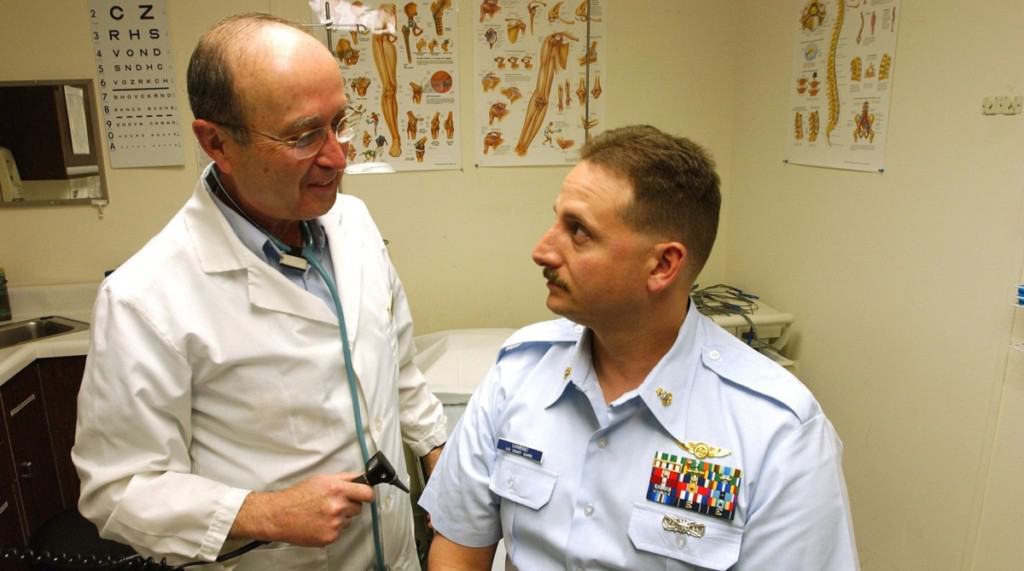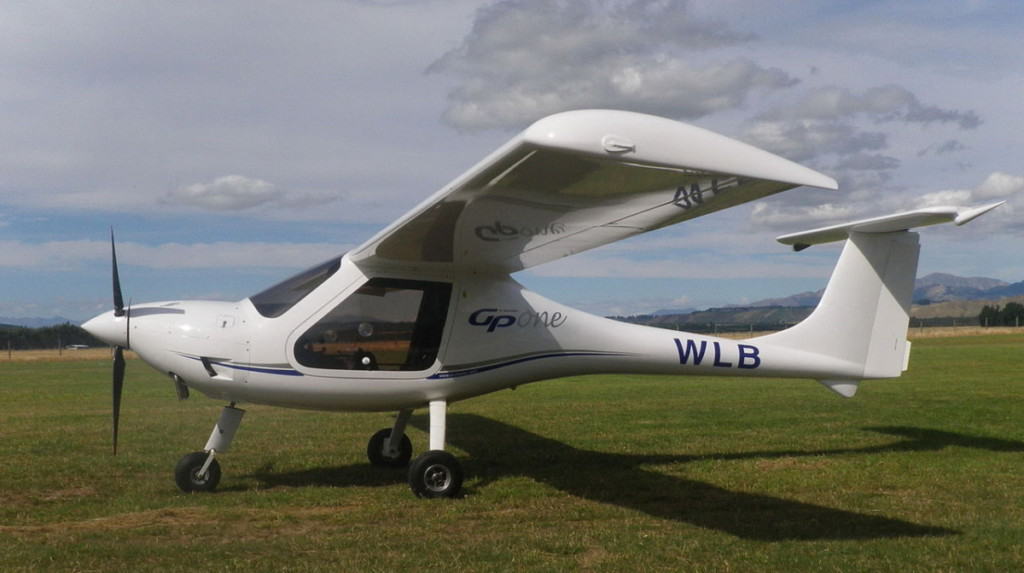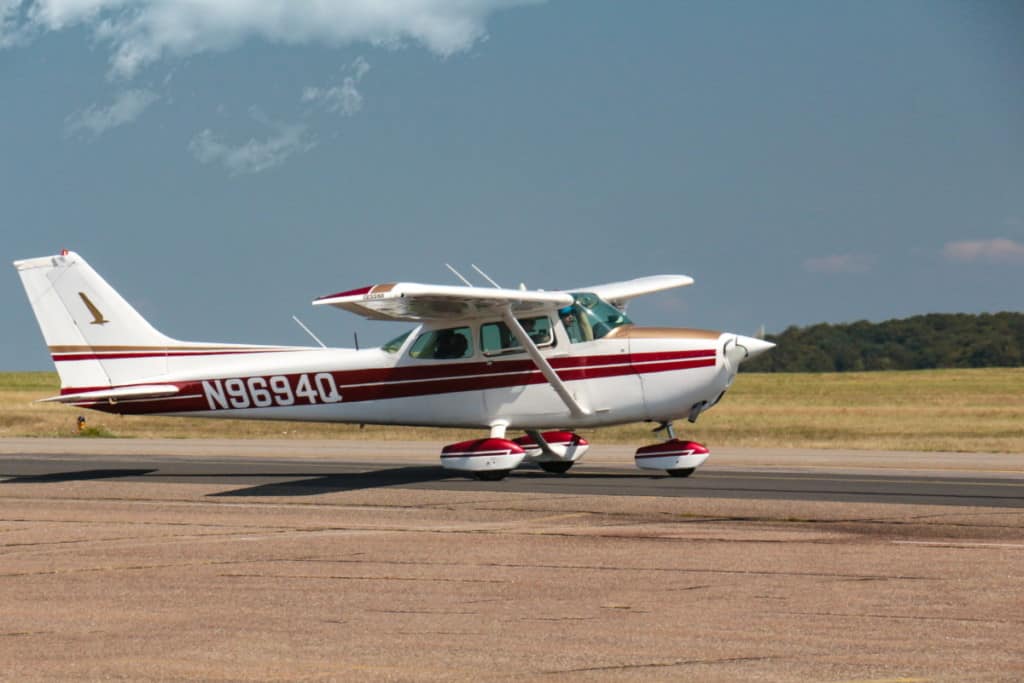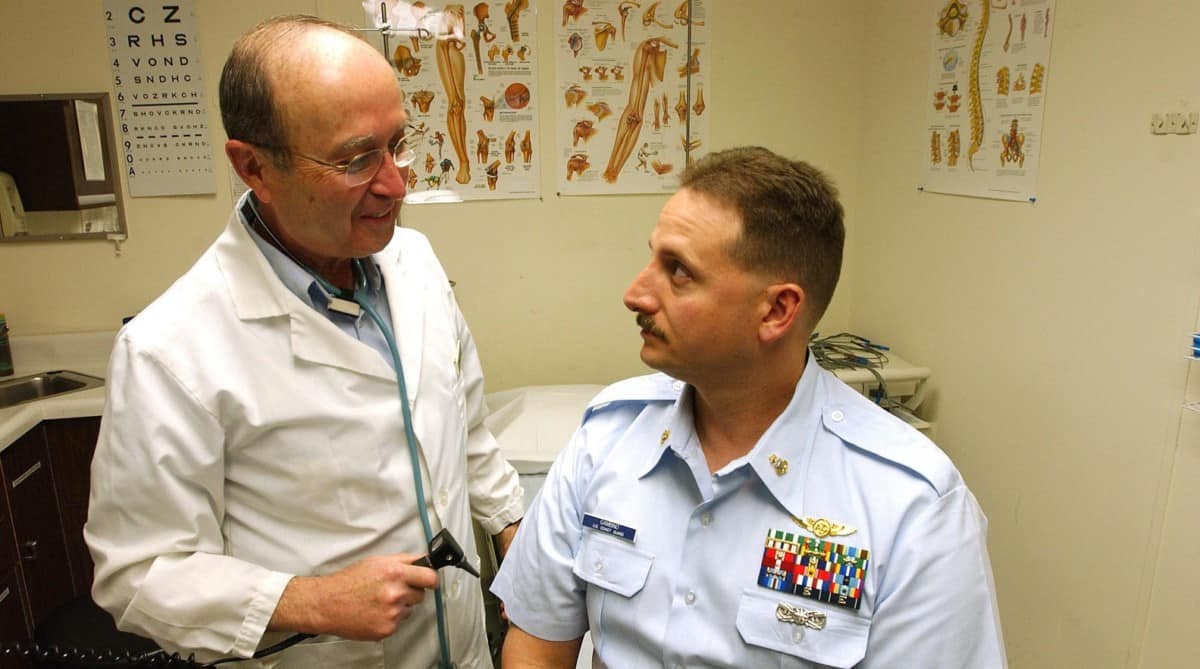
Getting ready for your first aviation medical examination can be an exciting or nerve-wracking time. The decision of the medical examiner could mean your future flying career is dead in the water or you could be soon above the clouds. What if you just want to fly your own plane on weekends? Do you still need a medical certificate?
In the US there are 3 Classes of Aviation Medical Certificates. The First Class Medical is aimed at the Airline Transport Pilots, Second Class is for Commercial Pilots & Third Class is for Student, Private & Recreational Pilots. Each Class has different eligibility criteria.
The medical certificate breakdown may seem complicated but this article will explain it all and what medical criteria is need to for each type of pilot certificate.
** IMPORTANT **
One very important thing ALL potential pilots need to do before they begin any flight training is to have a medical examination for the class of medical they wish to hold to ensure there is no medical condition that prevents them from gaining that pilot certificate.
It would be a horrible waste of time, money, and effort if a student went all the way through flight school to then find out they have an irregular heartbeat found on an ECG that disqualifies them from obtaining a Class 1 medical required to hold an Airline Transport Pilot License!
Who Needs a Pilot Medical Certificate?
You may be thinking you need a Medical Certificate to fly any aircraft but there are only certain pilot certificates that require you to have a Medical Certificate.
| Pilot License | Minimum Medical Class | Expiry: Under 40 Yrs Old | Expiry: Over 40 Yrs Old |
|---|---|---|---|
| Sport Pilot | Not Required | N/A | N/A |
| Balloon Pilot | Not Required | N/A | N/A |
| Glider Pilot | Not Required | N/A | N/A |
| Student Pilot | Third Class | 60 mnths | 24 mnths |
| Recreational Pilot | Third Class | 60 mnths | 24 mnths |
| Private Pilot | Third Class | 60 mnths | 24 mnths |
| Commercial Pilot | Second Class | 12 mnths | 12 mnths |
| Airline Transport Pilot | First Class | 12 mnths | 6 mnths |
Do I Need a Medical for a Sport Pilot Certificate?
§61.23(b)(2)
When flying a Balloon or Glider that you are endorsed on NO Medical Certificate is required.
§61.23(c)
If you are flying a Light-Sport Aircraft for which you are endorsed you must have either:-
A valid medical certificate of any class
or
A valid US Driving License and must comply with §61.315.

Do I Need a Medical for a Student Pilot Certificate
§61.23(b)(1)
When learning to fly a Balloon or Glider for a Sport Pilot Certificate NO Medical Certificate is required.
For all other Categories of aircraft, at least a Third Class Medical Certificate is required for a student pilot certificate as per §61.23(a)(3)(i)
Do I Need a Medical for a Recreational Pilot Certificate
For all Categories of aircraft, at least a Third Class Medical Certificate is required for a recreational pilot certificate as per §61.23(a)(3)(i)
Do I Need a Medical for a Private Pilot Certificate
For all Categories of aircraft, at least a Third Class Medical Certificate is required for a private pilot certificate as per §61.23(a)(3)(i)
Do I Need a Medical for a Commercial Pilot Certificate
For all Categories of aircraft, at least a Second Class Medical Certificate is required for a commercial pilot certificate as per §61.23(a)(2)
Do I Need a Medical for an Airline Transport Pilot Certificate
For all Categories of aircraft, a First Class Medical Certificate is required for an airline transport pilot certificate as per §61.23(a)(1)

Join My Newsletter & Get Great Tips, Information and Experiences To Help You Become a Superb Pilot!
What Are the Classes of FAA Pilot Medical Certificates?
There are 3 classes of FAA pilot medical certificates. First Class, Second Class & Third Class. If a person is unable to obtain a medical certificate, some aircraft can be flown with just a valid U.S. driving license or a BasicMed certificate. All commercial pilots will need a medical certificate.
Not every pilot needs to be an example of the perfect human, we all have our ailments and bumps so the FAA, together with their team of medical examiners put together several classes of Medical Certificate to allow most people to be able to fly.
The more professional the job and the more responsibility the PIC (Pilot-In-Command) position holds, the stricter the medical requirements become.
You would not want a 90-year-old pilot with heart troubles and poor eyesight to be flying your family on vacation, even though they may have 60 years of flying experience!
Below are each Class of Medical Certificate available:
BasicMed
On July 2015, 2016 Congress passed Legislation to increase the funding of the FAA. This led to the BasicMed program that allows pilots to fly under certain conditions without the need of an Aviation Medical Certificate.
To qualify for BasicMed a pilot must:
- Possess a valid U.S. driver’s license
- Have previously held a medical certificate after July 14, 2006
- Have a physical exam with a state-licensed physician, using the Comprehensive Medical Examination Checklist
- Complete a BasicMed medical education course
The BasicMed Authorization will then allow that pilot to fly:
- Any aircraft authorized under federal law to carry not more than 6 occupants
- Has a maximum certificated takeoff weight of not more than 6,000 pounds
- Carry not more than five passengers
- Operate under VFR or IFR, within the United States, at less than 18,000 feet MSL, not exceeding 250 knots
- Without compensation or for hire

There are certain medical conditions however that can prevent a pilot from gaining BasicMed and a full list of those conditions can be found on the FAA website HERE.
Learn More…
Try These Articles:
* Can You Become a Pilot If You Are Colorblind? It Depends!
* Can Pilots Wear Glasses? Is This a Dream Destroyer?
Third Class Medical Certificate
14 CFR Part 67, Subpart D
This is the lowest class of medical certificate and is aimed at the non-professional pilots who wish to go and get their $100 hamburger at the weekend.
This medical certificate will need to be renewed every 60 months if you are under 40 years old and every 24 months once you reach your 40th birthday.
Second Class Medical Certificate
14 CFR part 67, Subpart C
This is the middle class of medical certificate and is generally aimed at the pilots who fly for a living and are engaged in commercial operations. Tour flights, Crop dusting, Aerial survey, Flight instruction, etc will all require at least a Second Class Medical Certificate.
This medical certificate is required to be renewed every 12 months regardless of age.
First Class Medical Certificate
14 CFR part 67, Subpart B
This is the most stringent Medical Certificate and it is aimed at the Airline pilots and pilots that fly regularly under IFR conditions. Off-shore Helicopter Operations, MedEvac as well as the airlines all require at least the Captain to have a First Class Medical Certificate.
This medical certificate will need to be renewed every 12 months if you are under 40 years old and every 6 months once you reach your 40th birthday.
A Co-Pilot or Second in Command operating under certain Part 121 operations can hold a Second Class Medical Certificate.
What Are The Pilot Medical Requirements?
To qualify for each class of certificate your body needs to meet the following requirements:
| First Class | Second Class | Third Class | |
|---|---|---|---|
| Distant Vision | 20/20 or better in each eye separately, with or without correction. | As Per First Class | 20/40 or better in each eye separately, with or without correction. |
| Intermediate Vision | 20/40 or better in each eye separately (Snellen equivalent), with or without correction, as measured at 16 inches. | As Per First Class | As Per First Class |
| Intermediate Vision | 20/40 or better in each eye separately (Snellen equivalent), with or without correction at age 50 and over, as measured at 32 inches. | As Per First Class | No Requirement |
| Color Vision | Ability to perceive those colors necessary for safe performance of airman duties. | As Per First Class | As Per First Class |
| Hearing | Demonstrate hearing of an average conversational voice in a quiet room, using both ears at 6 feet, with the back turned to the examiner or pass one of the audiometric tests below. | As Per First Class | As Per First Class |
| Audiometery | Audiometric speech discrimination test: Score at least 70% reception in one ear.Pure tone audiometric test. | As Per First Class | As Per First Class |
| ENT | No ear disease or condition manifested by, or that may reasonably be expected to maintain by, vertigo or a disturbance of speech or equilibrium. | As Per First Class | As Per First Class |
| Blood Pressure | No specified values stated in the standards. The current guideline maximum value is 155/95. | As Per First Class | As Per First Class |
| Electrocardiogram (ECG) | At age 35 and annually after age 40 (first-class only) | As Per First Class | Not routinely required |
To get a downloadable PDF copy of this table from the FAA website CLICK HERE
Learn More…
Try These Articles:
* When Can You Learn To Fly? All Ages Explained
* Do You Need a Pilots License To Fly?
Disqualifying Medical Conditions for Pilots
As with any medical-related issue, your medical certificate can either not be issued or even revoked if the medical examiner deems necessary.
Here are just some of the factors that can cause disqualification of a medical certificate:
- Any diagnosis of a mental disorder like psychosis, bipolar disorder, or severe personality disorders
- A diagnosis or medical history of Substance Dependence or Substance Abuse, especially in the preceding 2 years
- Diabetes mellitus requiring hypoglycemic medication
- Angina pectoris
- Coronary heart disease that has been treated or, if untreated, that has been symptomatic or clinically significant
- Myocardial infarction
- Cardiac valve replacement
- Permanent cardiac pacemaker
- Heart replacement
- Epilepsy
- Disturbance of consciousness and without a satisfactory explanation of the cause
- Transient loss of control of nervous system function(s) without a satisfactory explanation of the cause
This is just a brief list of some of the disqualifying issues that can prevent the issuance of a medical certificate. If you have any of these, have a family history of, or any medical issue you are not sure about I highly recommend you speak to an Aviation Medical Examiner before undertaking any flight training to discuss if any could disqualify you.
You can find a local Aviation Medical Examiner (AME) on the FAA website HERE.
To Finish
Many pilots are flying with medical issues but providing the medical examiner is happy with the treatment and handling of those issues there is no reason why anyone should not be able to fly.
As we get older it is usually the medical certificate that will prevent a pilot from flying professionally but that does not mean the flying has to stop. You may not be able to hold a First Class Certificate any more but that does not mean you cannot hold a Second Class and continue flying professionally but in a different role and company.
There are many pilots well into their 80’s and even 90’s who still fly and being able to do so just keeps their soul alive!
Header Image:
Getting a Medical Examination Should Not be Stressful! – Source: PA1 Barry Lane


